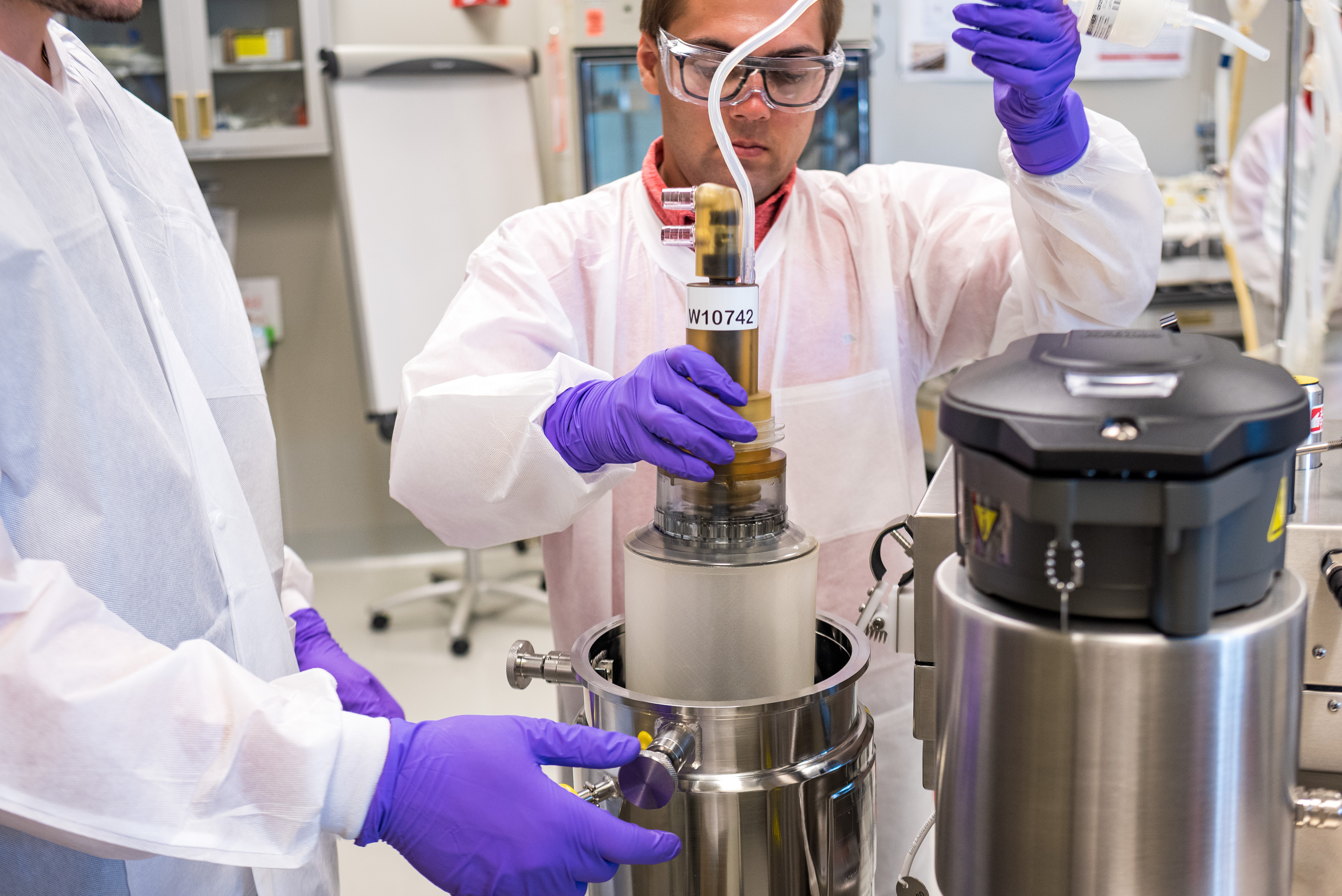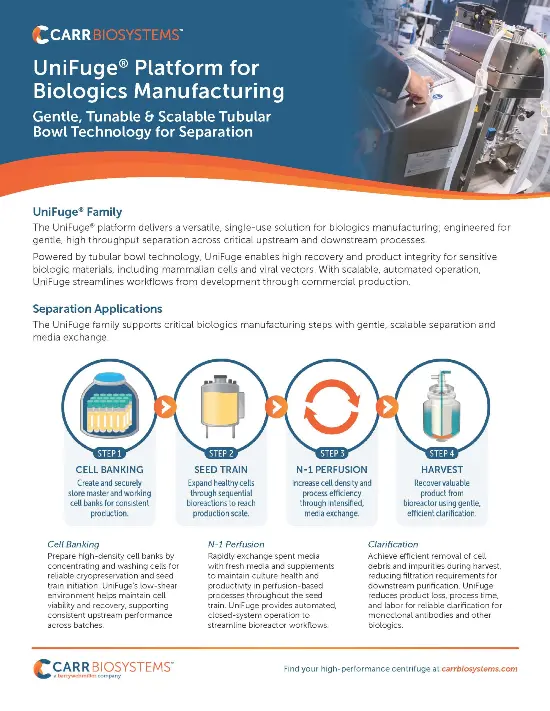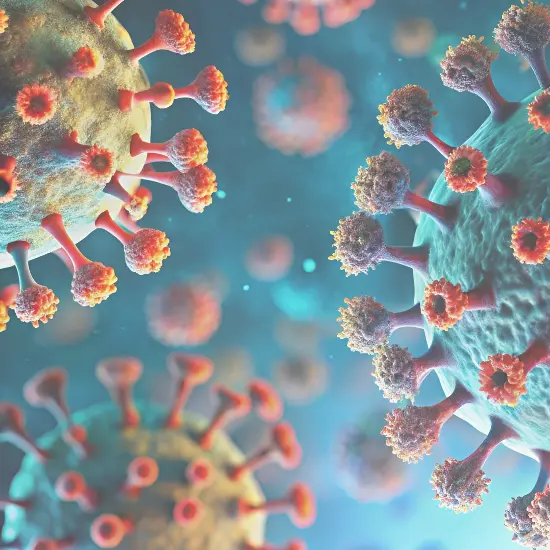For process engineers advancing cell therapies from benchtop protocols to full-scale manufacturing, robust and reproducible processes are essential to preserve product quality, minimize process variability, simplify operations, and are foundational to scale-up and automation. Whether you're working with iPSC cultures, suspension T cells, or other cell-based therapies, selecting a processing technology that removes operator variability, is closed, and scales is paramount to achieve product quality, yield, consistency, and successful commercialization.
Among the most critical—but often underappreciated—operations is cell separation. This step supports key functions such as cell expansion, media exchange, harvest, washing, and final concentration. While manual or open workflows can present challenges as processes scale, the UniFuge single-use cell processing platform, a tubular bowl centrifuge-based technology, has increasingly been integrated into manufacturing as a closed, automated, and versatile solution across both upstream and downstream phases.
Here’s how UniFuge is helping address common processing challenges in cell therapy scale-up and commercialization.
First, performance. Maintaining high cell viability and recovery throughout processing is fundamental to ensuring therapeutic potency. In applications ranging from iPSC differentiation to final cell concentration, tubular bowl centrifugation has demonstrated the ability to preserve cell viability above 95%, with comparable levels of recovery. This is enabled by a low-shear design that limits mechanical stress and minimizes product loss. Whether the objective is to expand cultures, differentiate cells, or recover and wash cells for formulation, this level of performance supports more consistent process outcomes while helping developers meet critical dose and yield requirements.
Second, versatility. As cell therapy workflows evolve, there is growing demand for systems that support multiple operations within a single platform. The UniFuge cell processing platform is designed to enable that flexibility. During expansion, it allows for gentle separation and resuspension of cells without breaking while preserving the closed boundary between process steps. During differentiation, it can perform media exchanges to maintain optimal culture conditions while preserving aseptic integrity. For harvest, the same platform can separate cells from supernatant, carry out in-situ buffer exchanges, and concentrate cells in a controlled and repeatable cycle.
Third, automation. As batch sizes increase and teams scale operations, manual workflows become more difficult to sustain. UniFuge offers a scalable platform with programmable control over key parameters including g-force, flow rate, and wash cycles, allowing each run to follow a defined and repeatable recipe. This reduces variability between operators and across sites, while also minimizing training requirements. For process engineers, automation means validated processes can be implemented and repeated with confidence, facilitating smoother tech transfer and reducing deviation risk during commercial manufacturing.
Finally, closed-system design. Aseptic processing is a cornerstone of cell therapy manufacturing. Single-use technology is built to maintain a closed processing environment from start to finish. Within the UniFuge platform, all product-contact components are gamma-irradiated and single-use, enabling aseptic operation without reliance on laminar flow hoods or open transfers. Once cells are introduced via sterile connection, they remain protected throughout the entire separation, wash, and recovery process. This not only reduces contamination risk, but also supports faster batch changeovers, simplified cleaning validation, and more efficient facility utilization.
The UniFuge isn’t just a harvest tool—it’s a scalable, process-friendly solution that consolidates multiple critical operations. Its low-shear performance, automated recipes, and closed-system format enable upstream and downstream consistency without adding operational complexity.
As the cell therapy field moves toward higher-throughput, lower-risk manufacturing models, technologies that combine high performance with operational adaptability will play a central role. For cell therapy developers focused on delivering reproducible outcomes, supporting regulatory compliance, and enabling commercial readiness, integrated cell processing platforms like UniFuge are becoming essential manufacturing infrastructure—not just for today’s production challenges, but for building scalable processes that will meet the needs of tomorrow’s therapies.





